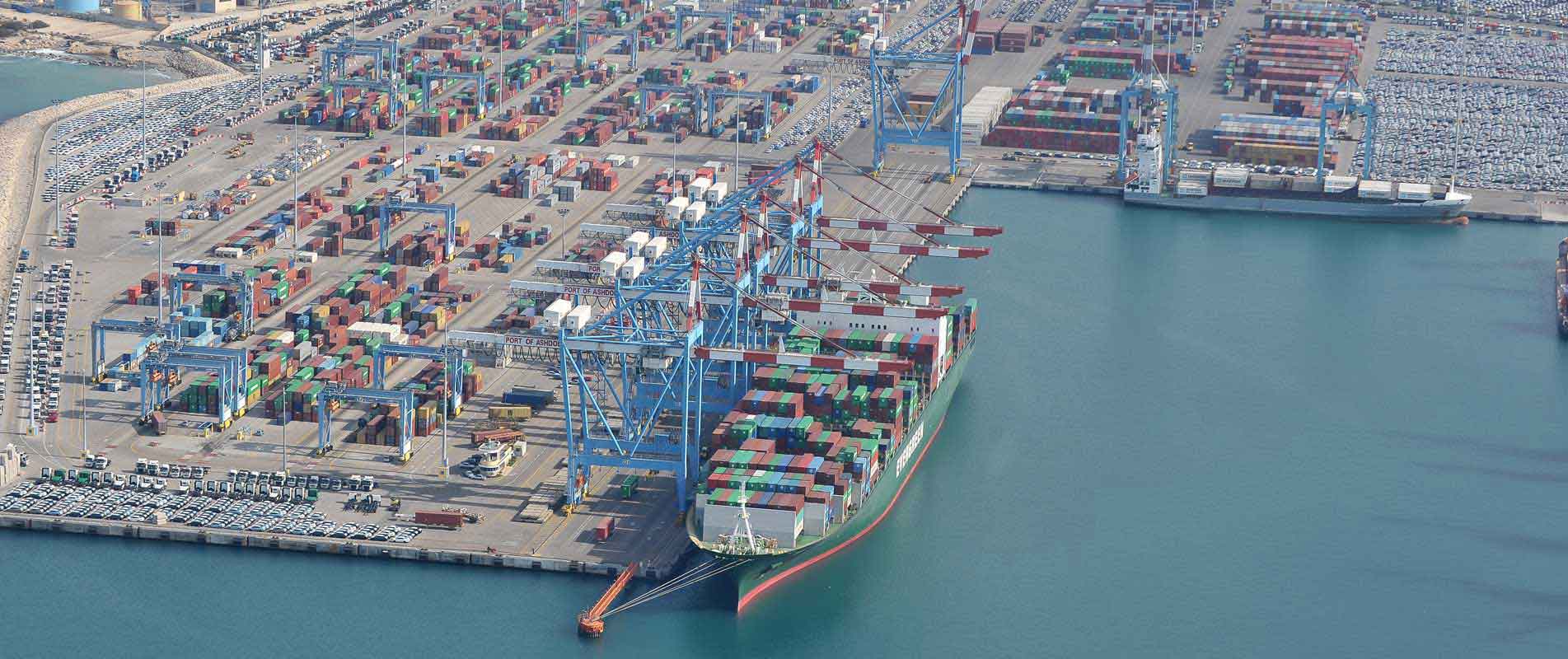
Regulation Aspects in Import – Importer’s Guide
דף הבית » import Export » Regulation Aspects in Import – Importer’s Guide
General Information
The Ordinance comprises the original ordinance and several schedules. Schedule 1, for example, specifies goods that require an import license, whereas Schedule 2 specifies terms or approvals with which goods can be released from customs.
However, the Schedules 1 and 2 do not mention the names of the goods, instead using 8-digit numbers. The numbers represent the goods’ classification according to the Customs Tariff Order, and each product has its own number.
Releasing Imported Goods from Customs
Imported goods are released from customs according to the Free Import Order that is incorporated into the Customs Tariff Order.
Approval or import license requirements depend on the customs classification as specified in the Free Import Order and its amendments. To ascertain the exact requirements for approvals, licenses, certificates and import taxes, you need the customs item of the imported goods.
You may contact a customs broker or a customs house to verify the classification of the product you wish to import. Once you know the customs item, you can find it among the 8-digit numbers in the Customs Tariff Order.
Schedule 2 to the Free Import Order
Schedule 2 to the Free Import Order mostly specifies the goods that require mandatory-standard approval, and in some cases an SII inspection.
Information regarding mandatory standard approval processes can be found in the SII website.
Section 2 (c)(2) of the Free Import Order
Section 2 (c)(2) of the Free Import Order authorizes the Minister or anyone appointed for that purpose by the Minister, to exempt the import of goods specified in Schedule 1 from having to present a license, and to exempt goods specified in Schedule 2 from meeting the requirements applicable to them.
The activity of the competent authorities is regulated by Director General Directive 2.6 of the Ministry of Economy and Industry – providing exemptions pursuant section 2(c)(2) of the Free Import Order, which defines causes and terms for granting exemptions.
This Directive is intended to establish a uniform policy for handling exemption applications by virtue of section 2(c)(2) of the Free Import Order, and to regulate the procedures for handling these applications.
An application for goods exemptions pursuant section 2(c)(2) of the Free Import Order may be submitted via the online application form in the Ministry of Economy’s website.
Standardization Commissioner’s Instructions regarding Granting a Mandatory Standard Approval
- Group 1: goods that represent the highest level of risk. For this group, no change will apply in providing standard approval for release from customs, meaning an inspection is required for each shipment.
- Group 2: goods that represent a medium level of risk. Products in this group require a one-time approval of the product model, and the importer’s declaration that products in regular shipments are identical to the approved model, and meet the requirements of applicable standards. Once approved, products in regular shipments will no longer have to be inspected.
- Group 3: goods that represent a low level of risk. Products in this group require an importer declaration only, and the product itself does not require inspection.
- Group 4: goods intended for industrial use only and not consumer use. The release of these goods is not stipulated on receiving a mandatory standard approval.
More related articles...


Wartime macroeconomics
A fresh supply shock stemming from the war in Ukraine will deal a blow to the economic recovery from COVID-19. The energy and food sectors


Services trade liberalised in 2021
OECD Services Trade Restrictiveness Index (STRI): Policy trends up to 2022 shows that liberalisation outpaced new restrictions during the past year, as the erection of new barriers


Economic and Social Impacts and Policy Implications of the War in Ukraine
The war Russia is waging in Ukraine is a humanitarian disaster. Beyond this, the economic damage is already being felt worldwide and risks becoming increasingly


International trade statistics: trends in fourth quarter 2021
https://www.unitedxp.co.il/wp-content/uploads/2022/03/יחדיו.mp4 Acceleration in merchandise trade bolsters recovery in G20 trade, but growth in services trade eases


Services trade liberalised in 2021, showing significant decrease in volume and effects of new measures, OECD says
OECD Services Trade Restrictiveness Index (STRI): Policy trends up to 2022 shows that liberalisation outpaced new restrictions during the past year, as the erection of new barriers to


Ashdod Port completed a significant phase in the 500 million shekel project to upgrade Platform 21
Ashdod Port is presently completing one of its more complex operational projects after extensive renovations on the western side of Platform 21.























